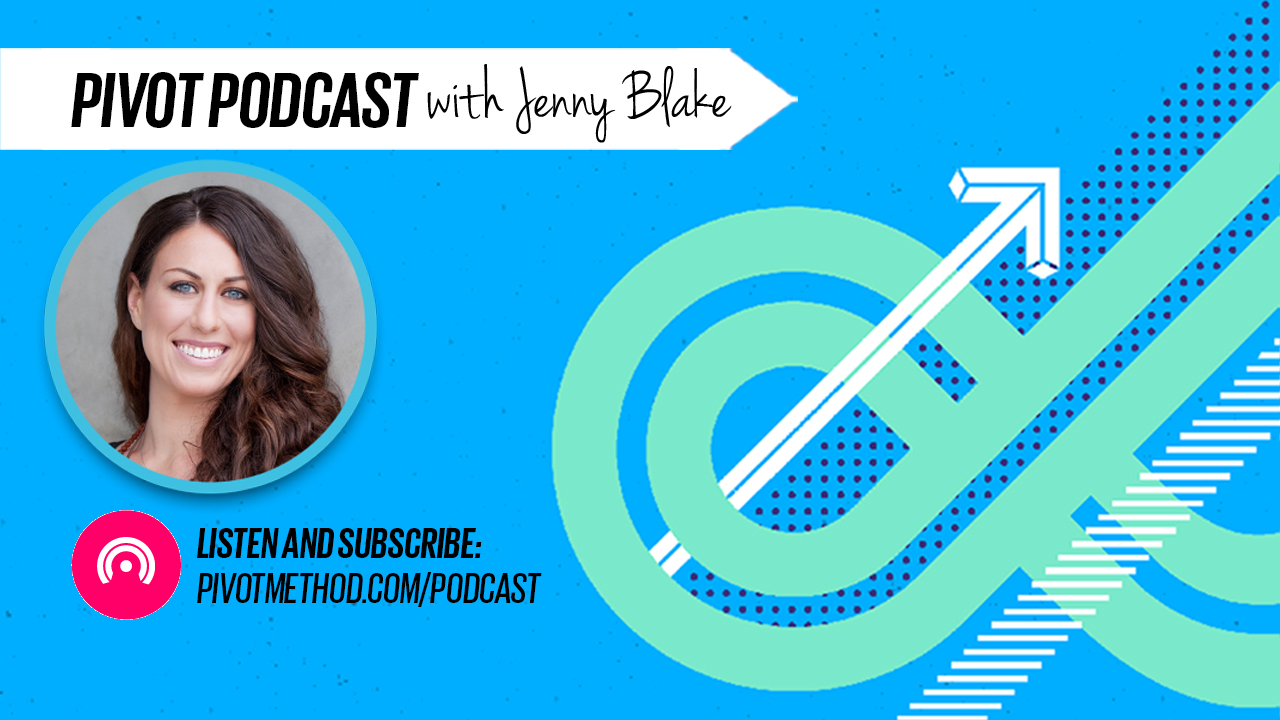Brooke Siem is a speaker, writer, and chef who spent a eight years in the New York City food and wine industry before an opportunity to travel around the world with Remote Year fell into her lap. Despite a career that included honors such as being named one of Zagat's 30 Under 30, becoming a Food Network "Chopped" champion, and co-founding Prohibition Bakery and authoring the book of the same name, Brooke's "successful" Manhattan life also fueled a lifelong battle with depression. Prescribed antidepressant and anti-anxiety drugs at 15 years old after her father's sudden death of pancreatic cancer, the opportunity for a life abroad sparked the realization that she had been heavily medicated for half of her life. She decided to make a massive change.
First, she booked a one-way ticket to Malaysia.
Then, she got off all the prescription drugs.
Two years and 17 countries later, Brooke's primary focus is on advocating for mental health and wellness without the use of antidepressants and anti-anxiety drugs. Though she believes that these sorts of drugs can have their place on the road to healing, her own experience has taught her that these medications are often poorly monitored by doctors, prescribed without thought of the long term consequences, and prioritize the notion of "existing" versus thriving. Brooke's goal is to show that it is possible to live a joyful, centered life without the use of antidepressants, no matter how far down the rabbit hole we once were.
As of May of 2017, Brooke sold her half of Prohibition Bakery in order to continue working and writing remotely. She is currently working on her second book, a memoir, and is currently based in Vancouver, BC. You can also say hi on Instagram, Facebook, and Twitter.
Topics We Cover
Deciding to detox after realizing she had been medicated for over half her life
Pivot points of her inner landscape: being put on antidepressants to manage her grief "on a timeline that worked for everybody else.”
Don’t remember much, "living under the impression I was broken”
In her Legacy Show talk she shared, “When they first put you on the drugs, they don’t tell you that you’ll forget how to feel."
Taking 4-7 medications at any given time, 30,000+ pills over the course of her life
New York Times article: Many People Taking Antidepressants Discover They Cannot Quit (and the ensuing backlash)
Detoxing at 30 years old felt much like going through a second puberty; became extremely sensitive to sounds, crowds, pain, tastes, music, clothing, everything - “I have no idea who this person is”
Jealous of children who could express their feelings and anger out loud
Sleep had always been the antidote
What carried her through the down moments of detox when it could’ve been easier to go back to the meds
Buying a one-way ticket to Malaysia, aha of starting to feel again - raindrops on her skin - little things to hold onto, started painting - felt creative for the first time in her life
Finding a spiritual therapist - working with Edward Mannix; compassion key healing process
Growing up in a very spiritual environment - picking angel cards as a child
“He didn’t try to teach me how to cope, that my brain was broken or the solution was in a pill - he told me he thought it was possible to heal. We have all these experiences in this life and past lives that converge together and influence all of our decisions.”
On clearing past karma, wipe off the lens of our life through self-compassion and feeling some of the things we’re feeling
Silver lining doesn’t always work, on wondering about the why of all this
All the issues of my life that I believed were permanent
Self-compassion process: start with the phrase, “I’m so sorry . . .”
Now approaching the two-year anniversary of getting off her last drug
Living in Vancouver with her boyfriend, move around every four weeks or so; priorities have really shifted, don’t feel the need to look for validation in external things when it’s so much more important to spend time with the people who are important to her
Created a much smaller life - love the idea of a tiny house
On winning Chopped with chocolate, crabs and caviar
Resources Mentioned
Check out other episodes of the Pivot Podcast here. Be sure to subscribe wherever you listen, and if you enjoy the show I would be very grateful for a rating and/or review! Sign-up for my weekly(ish) #PivotList newsletter to receive curated round-ups of what I’m reading, watching, listening to, and new tools I’m geeking out on.
Want to support the show and become a founding member of the Pivot Podcast community? Join us on Patreon here.



![[Best Of] Deep Work: Ditch Cognitive Junk Food with Cal Newport](https://images.squarespace-cdn.com/content/v1/54414faee4b03de3b679d82a/1470004417572-IM44G3WN7CS0UNIGH2CI/PivotPodcast_DeepWork.jpg)
![[Best Of] Martha Beck on Enlightenment and Messages our Bodies Send](https://images.squarespace-cdn.com/content/v1/54414faee4b03de3b679d82a/1475238253451-SNRT87C9GZFZLLRLDEP1/PivotPodcast_Martha_square.jpg)

